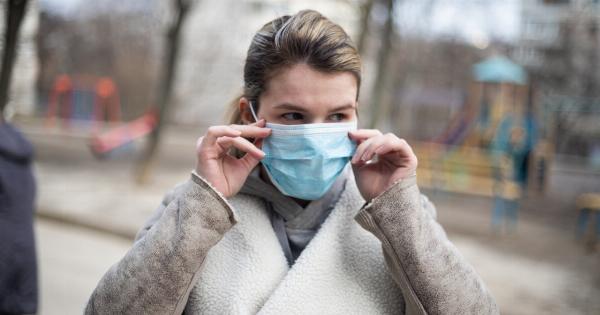When it comes to coughs and colds, everyone seems to have their own home remedies and old wives’ tales. But how much do you really know about the common cold? Take this quiz to test your knowledge about coughs and colds!.
1. What is a cold?
A cold is a viral infection of the nose and throat. It is a common illness that usually lasts for about a week and is characterized by symptoms such as cough, runny nose, sore throat, and fever.
2. How is a cold transmitted?
A cold is transmitted through the air when an infected person coughs or sneezes, or by touching a surface that has been contaminated with the virus.
3. Can antibiotics cure a cold?
No, antibiotics are not effective against cold viruses. They only work against bacterial infections. A cold will usually go away on its own within a week or two.
4. Does vitamin C prevent colds?
While vitamin C can boost your immune system, there is no conclusive evidence that it prevents colds. However, taking vitamin C may help to reduce the severity and duration of a cold.
5. What is the difference between a cold and the flu?
A cold is a milder illness that usually only affects the nose and throat, whereas the flu is a more severe illness that can affect the entire body. Flu symptoms also include fever, body aches, and fatigue.
6. How can you prevent getting a cold?
You can prevent getting a cold by washing your hands frequently, avoiding close contact with infected people, and avoiding touching your face with unwashed hands.
7. Can a cold turn into pneumonia?
In rare cases, a cold virus can lead to pneumonia, which is a serious infection of the lungs. However, this is more common in people with weakened immune systems, such as older adults and people with chronic illnesses.
8. Should you stay home if you have a cold?
Yes, it is important to stay home and rest if you have a cold to prevent the spread of the virus to others. It is also important to stay hydrated and to take over-the-counter medications to relieve symptoms.
9. What is the best way to treat a cold?
The best way to treat a cold is to get plenty of rest, drink lots of fluids, and take over-the-counter medications to relieve symptoms such as cough, congestion, and fever.
10. When should you see a doctor for a cold?
You should see a doctor if you have a fever that lasts for more than a few days, if your symptoms worsen or do not improve after a week, or if you have trouble breathing.































